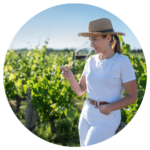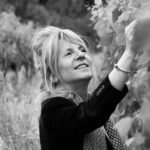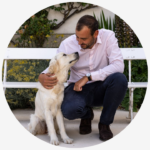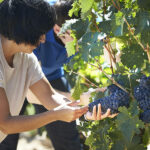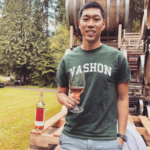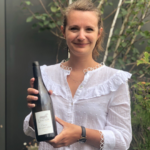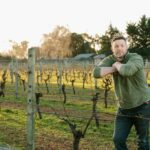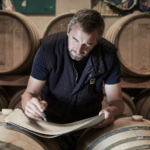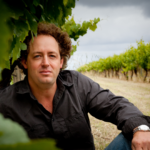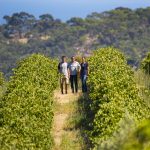Recent Offers
In Conversation With… Frankland Estate
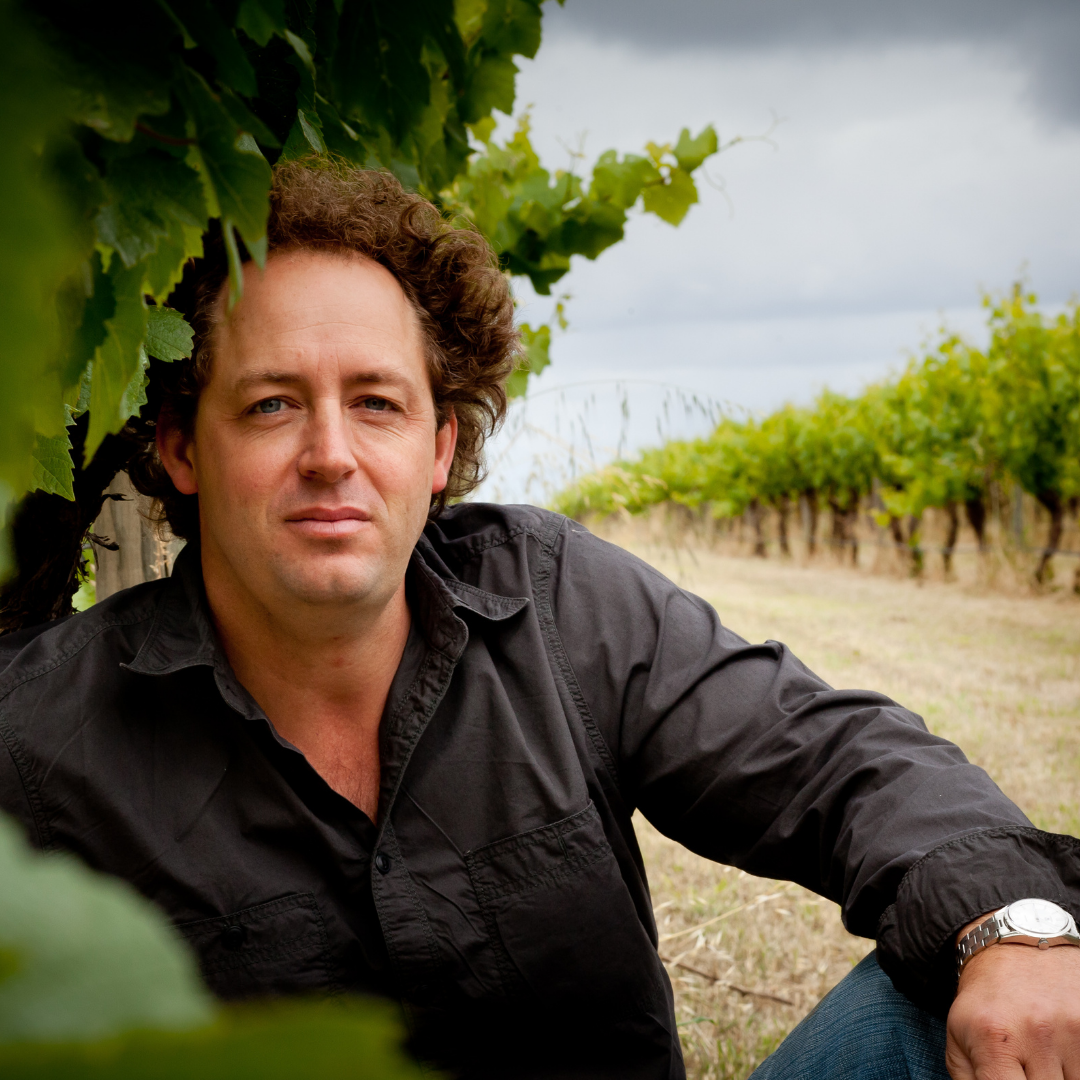
In Conversation with Hunter Smith of Frankland Estate
Hunter joins us at the start of the 2022 harvest to discuss his journey into wine, and the plans for the future of Frankland Estate
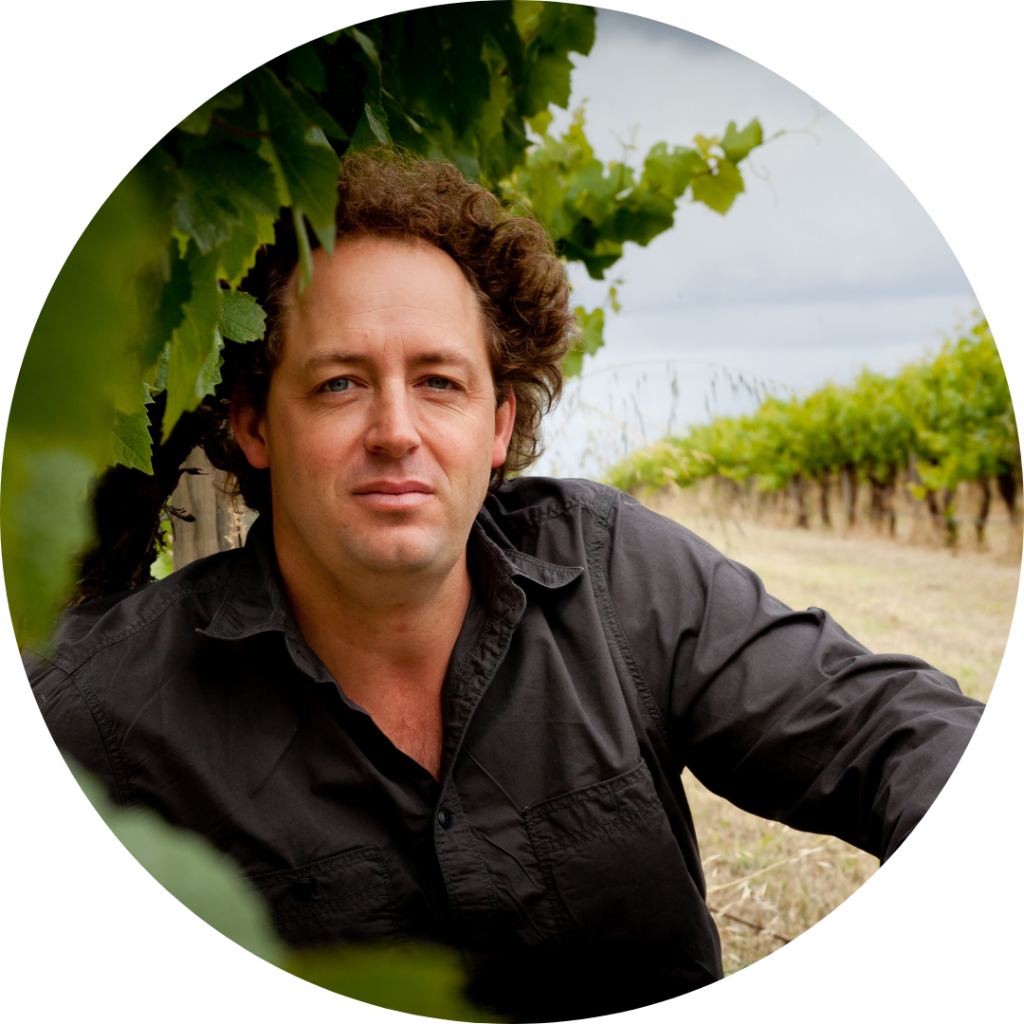
Buried deep in the heart of Western Australia’s most isolated wine region, Frankland Estate is as much a part of its natural landscape as it is a winery. Barrie Smith and Judi Cullam co-founded Frankland Estate in 1988. Very much a tight-knit family affair, their children, Hunter and Elizabeth Smith, and their families live and work on the estate, too. The family have invested a lot of time and energy into minimising their impact on the ecological balance of the region, nurturing the microbiology of the soils and supporting causes to improve the health and future prosperity of the local fauna and flora.
Hunter became a full-time member of the Frankland Estate team in 1999, and is now applying his breadth of knowledge to every aspect of winery operations, including finance and marketing. He shares with us below his wine journey, and what’s in store for the future of the estate.
What are some of your earliest memories of growing up on a vineyard?
The vineyard was planted in 1988, so I was at school and we would spend the afternoons and holidays planting, pruning, weeding and every other chore that vineyards involve!
Did you always want to go into winemaking and if not, what did you do prior to working at the estate?
Pruning through the cold winters along with general encouragement from my parents that I should try something different at least for a while, meant that I set off working on broad acre farms in other areas of Australia. This was before doing a business degree in Victoria and working for Rabobank in Melbourne, and an overseas trip in 2000 saw me work in vineyards and cellars in Austria, Germany and France. It was these experiences that ultimately pulled me quickly back into wine.
Was there a specific moment that pushed you to transition to organic viticulture or had it been part of a longer term plan for some time?
My father was always pretty minimalist in the vineyard when it came to spraying anything nasty etc., so it’s fair to say that we farmed in what most people term a sustainable way. However it was the wines with distinct brightness and freshness that we really enjoyed drinking and there was an uncanny linkage to these wines being farmed organically. The inspiration for this came from overseas winemaking influences and so after a few years of farming organically in 2006, we started certifying our vineyards and winery.
Frankland is arguably one of the most isolated areas in Australia. What makes winemaking here work?
Location is key: we are inland with cool to cold nights and warm days through the growing season. The vines get relief from the cold nights which results in wines with freshness and vibrancy, but still enjoy nice full flavours.
Can you tell us a little bit about the soils and climate and how these influence the wine style?
We farm with ironstone gravel soil that impart a minerally ferrous thread to the wines, giving a sense of place and uniqueness.
What is the most important aspect of winemaking you have learned ‘on the job’?
Less is more; elegance, modesty, and personality go a long way in wine.
How has your winemaking style evolved over the years?
As the vines have aged and organic viticulture has allowed the vines better balance, we have been able to do less in the winery, letting the expressions of the vineyard site come to the forefront.
Appreciating that this is never an easy order – can you summarise your red and white wine winemaking style?
Both styles, I hope, reflect the generational thought process and learnings that only small family estates can bring to the table. Our wines continue to evolve, but I think it’s about letting the vineyard sites shine through. Less influence from things like oak are important, and we have pushed towards letting the wines rest on lees, giving more texture to our wines.
Do you have a favourite wine in your portfolio?
This is probably one of the hardest questions I get asked, as I love making them all so much. I’m sure I have answered this differently many times, but at the moment Olmo’s Reward. This is probably due to the Cabernet Franc moving into a really exciting phase with vine age, its response to organic farming, and seeing the quality that we are now getting from the vineyard.
When you are not drinking your own wines, what else do you enjoy?
We drink as widely as we can for interest’s sake, but I have a fondness for medium weight aromatic red wines from Nebbiolo and Syrah, and of course we seek out Rieslings from all corners of the globe!
What exciting projects/changes can we expect from Frankland Estate in the near future?
We have many things on the go in the background, from small trial plantings of Grüner Veltliner, Touriga Nacional, some new plantings this year of higher density plantings with more exciting Riesling, amongst other things.
How is the 2022 vintage shaping up?
It’s been a dry year in Frankland River, so the wines are intense but have maintained their lovely elegance and so it looks incredibly exciting. We now have all the Riesling in (which is about 50% of our overall production) and have started with some whole bunch parcels of Syrah, with Cabernet Franc still a few weeks away, but everything is looking very good.

